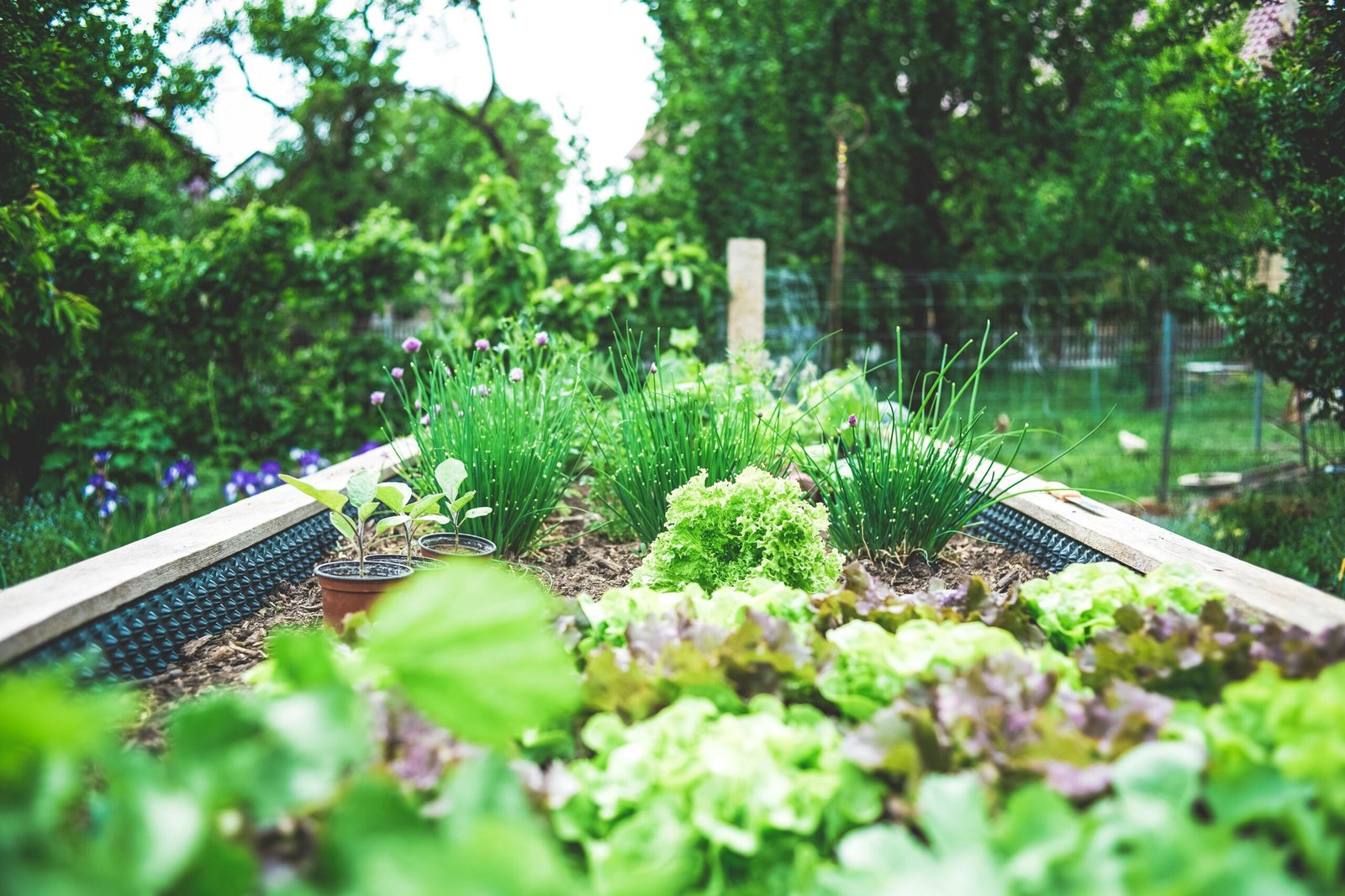The Evolution of Urban Gardening
Urban gardening, also known as home gardening or DIY gardening, has been gaining popularity in recent years as more people are looking for ways to connect with nature and grow their own food. This trend is not only a response to the increasing interest in sustainable living, but also a way for individuals to take control of their own food production and make a positive impact on their communities.
The Rise of Urban Gardening
In the past, gardening was primarily associated with rural areas and large open spaces. However, with the rapid urbanization of cities around the world, people started to realize that they could still enjoy the benefits of gardening even in small urban spaces. This led to the rise of urban gardening, where individuals and communities started growing plants and vegetables in their homes, balconies, rooftops, and even on walls.
One of the main reasons for the rise of urban gardening is the increasing awareness about the importance of sustainable living. As people become more conscious of the impact of food production on the environment, they are looking for ways to reduce their carbon footprint and live a more eco-friendly lifestyle. Urban gardening allows individuals to grow their own food using organic methods, thereby reducing the need for transportation and minimizing the use of harmful pesticides and fertilizers.
The Benefits of Urban Gardening
Urban gardening offers a wide range of benefits, both for individuals and communities. First and foremost, it provides a source of fresh, nutritious food. By growing their own fruits, vegetables, and herbs, urban gardeners have access to produce that is free from harmful chemicals and pesticides. This not only improves the quality of the food they consume but also promotes a healthier lifestyle.
Furthermore, urban gardening has been shown to have positive effects on mental health and well-being. The act of gardening itself can be therapeutic, providing a sense of calm and relaxation. Additionally, being surrounded by nature and greenery has been proven to reduce stress and anxiety, improve mood, and increase overall happiness.
Another benefit of urban gardening is its positive impact on the environment. By growing plants in urban areas, we can help reduce air pollution, combat climate change, and create habitats for wildlife. Urban gardens also contribute to the overall beautification of cities, making them more aesthetically pleasing and inviting.
The DIY Approach
One of the key aspects of urban gardening is the do-it-yourself (DIY) approach. Unlike traditional gardening, which often requires a large amount of space and specialized equipment, urban gardening can be done on a smaller scale and with minimal resources. This makes it accessible to individuals who may not have access to a backyard or extensive gardening knowledge.
Thanks to the internet and social media, DIY gardening has become easier than ever. There are countless online resources, blogs, and videos that provide step-by-step instructions and tips for starting and maintaining an urban garden. From choosing the right plants to building your own raised beds or vertical gardens, there is no shortage of inspiration and guidance available.
The DIY approach to urban gardening also fosters a sense of empowerment and self-sufficiency. By growing their own food, individuals can take control of their diet and reduce their reliance on industrial agriculture. This not only promotes a healthier lifestyle but also encourages a more sustainable and resilient food system.
The Future of Urban Gardening
As urban gardening continues to evolve, we can expect to see even more innovative and creative approaches to growing food in urban areas. From rooftop gardens to hydroponics and aquaponics systems, the possibilities are endless.
Furthermore, as the demand for locally grown, organic produce continues to rise, urban gardening has the potential to become a viable economic opportunity. Many urban gardeners are already selling their surplus produce at local markets or through community-supported agriculture (CSA) programs, creating a sustainable source of income and contributing to the local economy.
Overall, the evolution of urban gardening is a testament to our desire to reconnect with nature and live more sustainably. By embracing DIY gardening and taking advantage of the resources available, we can all play a part in creating greener, healthier, and more vibrant cities.

